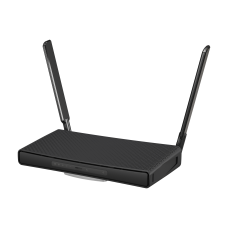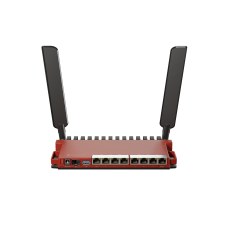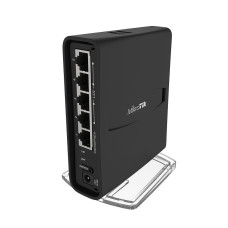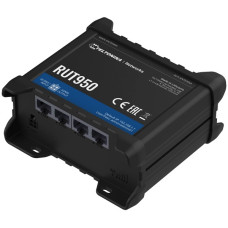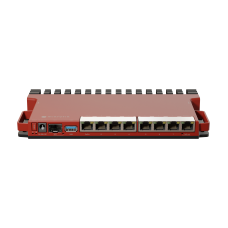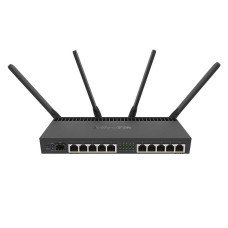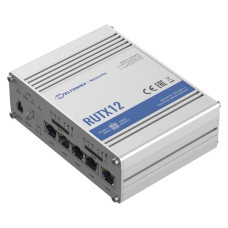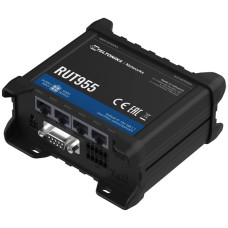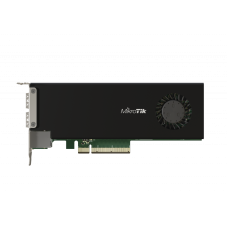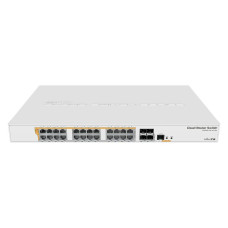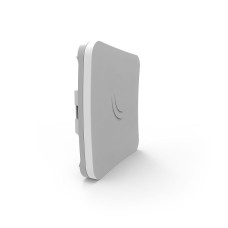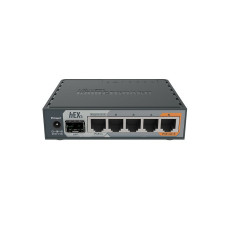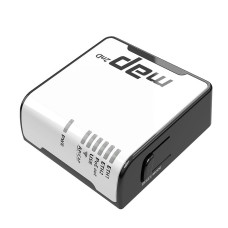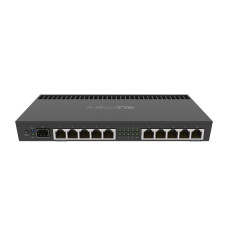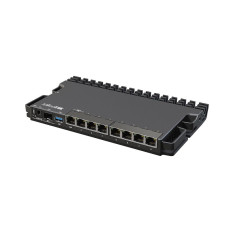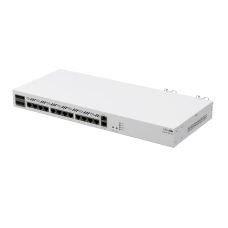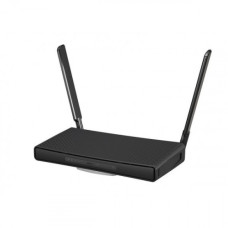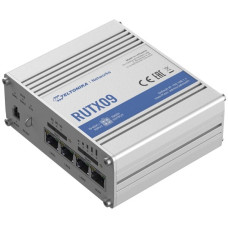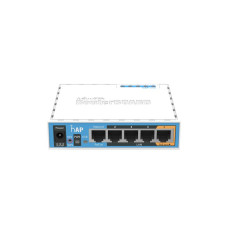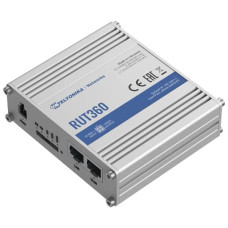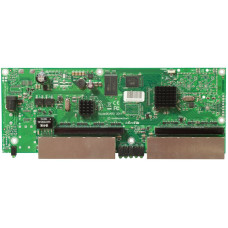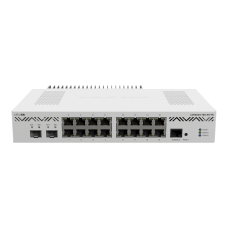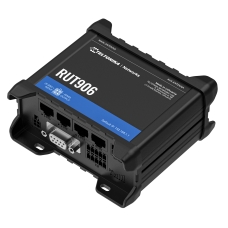Ethernet routers are networking devices that are designed to facilitate the connection of multiple devices to a local area network (LAN) or the internet. These routers typically feature multiple Ethernet ports that allow for wired connections to various devices such as computers, printers, and smart home devices. They also often include Wi-Fi capabilities, enabling wireless connectivity for devices such as smartphones, tablets, and laptops.
Ethernet routers serve as the central hub for managing network traffic, directing data packets to their intended destinations, and providing security features to protect the network from unauthorized access. With the ability to support high-speed internet connections, Ethernet routers are essential for ensuring a reliable and stable network connection for both home and business users.
In addition to their core networking functions, Ethernet routers may also offer advanced features such as parental controls, guest network access, and Quality of Service (QoS) settings to prioritize traffic for specific devices or applications. Overall, Ethernet routers are a versatile and crucial component of any modern network setup, providing efficient and secure connectivity for all connected devices.
Ethernet routers serve as the central hub for managing network traffic, directing data packets to their intended destinations, and providing security features to protect the network from unauthorized access. With the ability to support high-speed internet connections, Ethernet routers are essential for ensuring a reliable and stable network connection for both home and business users.
In addition to their core networking functions, Ethernet routers may also offer advanced features such as parental controls, guest network access, and Quality of Service (QoS) settings to prioritize traffic for specific devices or applications. Overall, Ethernet routers are a versatile and crucial component of any modern network setup, providing efficient and secure connectivity for all connected devices.

